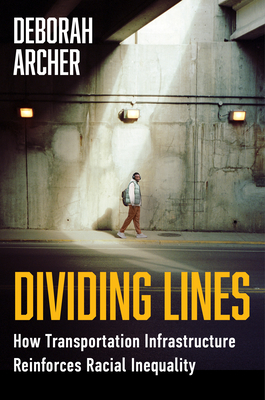
With his signature straightforward candor, Washington D.C. infrastructure guru Norman F. Anderson unleashes a fascinating, nation-saving plan for the future that is rooted in two questions: What will the U.S. look like in 2030, and what do we want it to look like? Anderson's analysis is driven by the crisis facing America as the cornerstones of society - vast, fast highways; power stations; and telecommunications networks - languish from lack of funds, while the huge opportunity in new infrastructure, including AI, 5G, and new forms of mobility, are set-up to drive extraordinary productive and opportunity across the U.S. economy. What do we need? Leadership, political will, and, ultimately an engaging vision. The answers he offers are equal parts inspiring, terrifying and utterly sensible.
In twelve chapters, Anderson explores the nature and power of vision, demonstrating that, as the Fourth Industrial Revolution unfolds in real-time, driven by 5G, machine learning and AI, infrastructure must become the essential strategic pillar of American society - one that, if built and nurtured, will bolster our economy, job market, national security and quality of life. It's where the battlefield on which our bifurcated battle with China is being played out.
Anderson uncovers the vast obstacles that have crippled infrastructure growth in the U.S. over the last thirty years and talks to industry veterans and cutting edge-technologists about shifting from a broken system to one that works - and one that will once again allow the U.S. to drive infrastructure growth around the world (especially in the critical areas of health and mobility). Along the way, he shares the mind-bending projects of the future that are under development, explains the dangers of failing to counter China's explosive infrastructure growth, and provides our leaders in Washington with a ten-point plan to remake America as an infrastructure leader.
Engaging, timely and daring, Vision: Our Strategic Infrastructure Roadmap Forward turns the stereotyped perceptions of infrastructure on their head. Infrastructure is not tedious subject-matter for wonks who love constructing roads and power-lines - it is core to our economic and social strategy, the DNA that will define our society. And this book is an eye-opening treatise on how to create a future that works for all of us.







